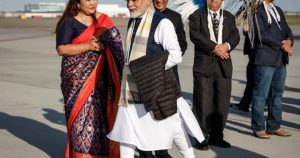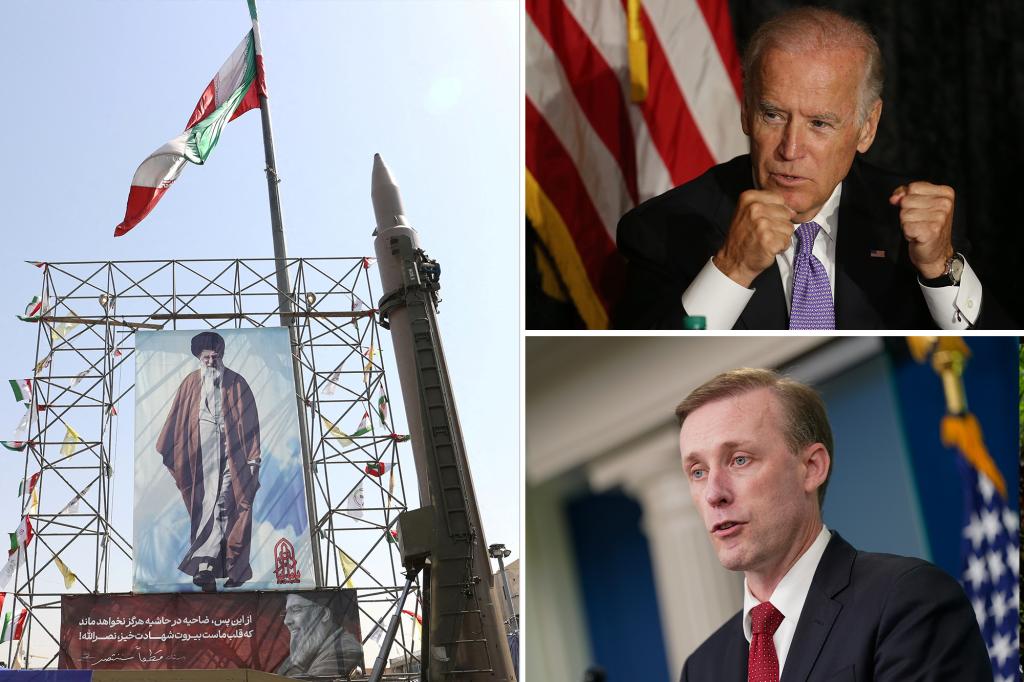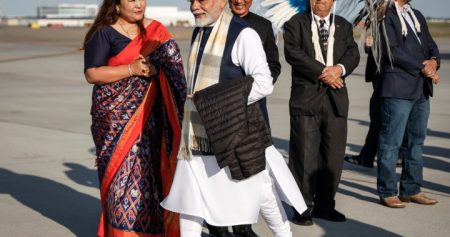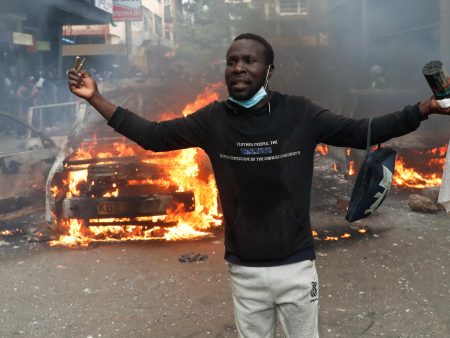President Biden’s recent deliberation on military strike options against Iran’s nuclear program underscores the complex and precarious nature of the U.S.-Iran relationship. While the White House has neither confirmed nor denied the Axios report detailing the meeting between Biden and National Security Advisor Jake Sullivan, the report itself sheds light on the administration’s internal discussions about how to prevent Iran from acquiring a nuclear weapon. This development comes at a time of heightened tensions in the Middle East, further complicated by Iran’s support for regional proxies and its ongoing nuclear advancements despite international sanctions.
The report indicates that Biden was presented with a range of strike options, but crucially, has not yet authorized any military action. This cautious approach aligns with Biden’s previous stance, particularly his warnings to Israel against striking Iran’s nuclear facilities. While some advisors reportedly see an “opportunity” to dismantle Iran’s nuclear program due to its perceived weakened state, Biden appears to be focused on determining the specific threshold that would warrant such a drastic measure, especially in the lead-up to a new presidential administration. This careful consideration highlights the gravity of the situation and the potential for such a strike to escalate regional conflict. The president’s emphasis on identifying concrete Iranian actions that would justify a military response underscores his desire to avoid unnecessary escalation and underscores his commitment to a measured approach.
The reported assessment of Iran’s weakened air defenses, missile capabilities, and proxy forces presents a complex dynamic. While this assessment might suggest a lower risk of retaliation, it also raises critical questions about the timing and potential consequences of a strike. The weakened state of these defense mechanisms doesn’t negate the potential for asymmetric responses from Iran or its proxies, nor does it eliminate the risk of unintended consequences and further regional destabilization. Any military action against Iran carries significant risks, and the potential for escalation and unintended consequences remains a major concern.
The internal debate within the administration highlights the delicate balance between preventing nuclear proliferation and avoiding military conflict. While some advisors emphasize the urgency of addressing Iran’s nuclear ambitions, others likely advocate for continued diplomatic efforts and the potential for renewed negotiations. The fact that Sullivan presented Biden with options without explicitly recommending a course of action suggests that the administration is carefully weighing the potential risks and benefits of various approaches. The deliberation itself underscores the complexity and gravity of the situation, as any decision regarding military action against Iran carries immense implications for regional stability and global security.
Sullivan’s public remarks shortly before the reported meeting provide further insight into the administration’s thinking. His acknowledgment of evolving Iranian rhetoric and the potential impact of strategic setbacks on Iran’s nuclear trajectory indicates a deep understanding of the complex dynamics at play. The suggestion that Iran’s weakened position could paradoxically increase the likelihood of nuclear weapons development underscores the delicate nature of the situation and the need for a carefully calibrated approach. Sullivan’s emphasis on vigilance and careful assessment highlights the administration’s awareness of the potential for unintended consequences and the need for a nuanced strategy that considers all possible outcomes.
The undisclosed nature of the specific “steps” Iran would need to take to trigger a U.S. military response adds another layer of complexity. This ambiguity likely serves both as a deterrent to Iran and as a means of preserving flexibility for the U.S. By not defining specific red lines, the administration maintains a degree of strategic ambiguity, which can be a useful tool in diplomatic negotiations and deterrence efforts. However, this ambiguity also raises concerns about potential miscalculations and the risk of escalation based on misinterpretations of each other’s intentions. Ultimately, the lack of clarity surrounding the specific triggers for military action underscores the delicate and precarious nature of the current situation, highlighting the need for ongoing dialogue, diplomatic efforts, and a comprehensive understanding of the complex regional dynamics at play. The international community continues to monitor the situation closely, urging restraint and diplomatic solutions to prevent further escalation and ensure regional stability.










